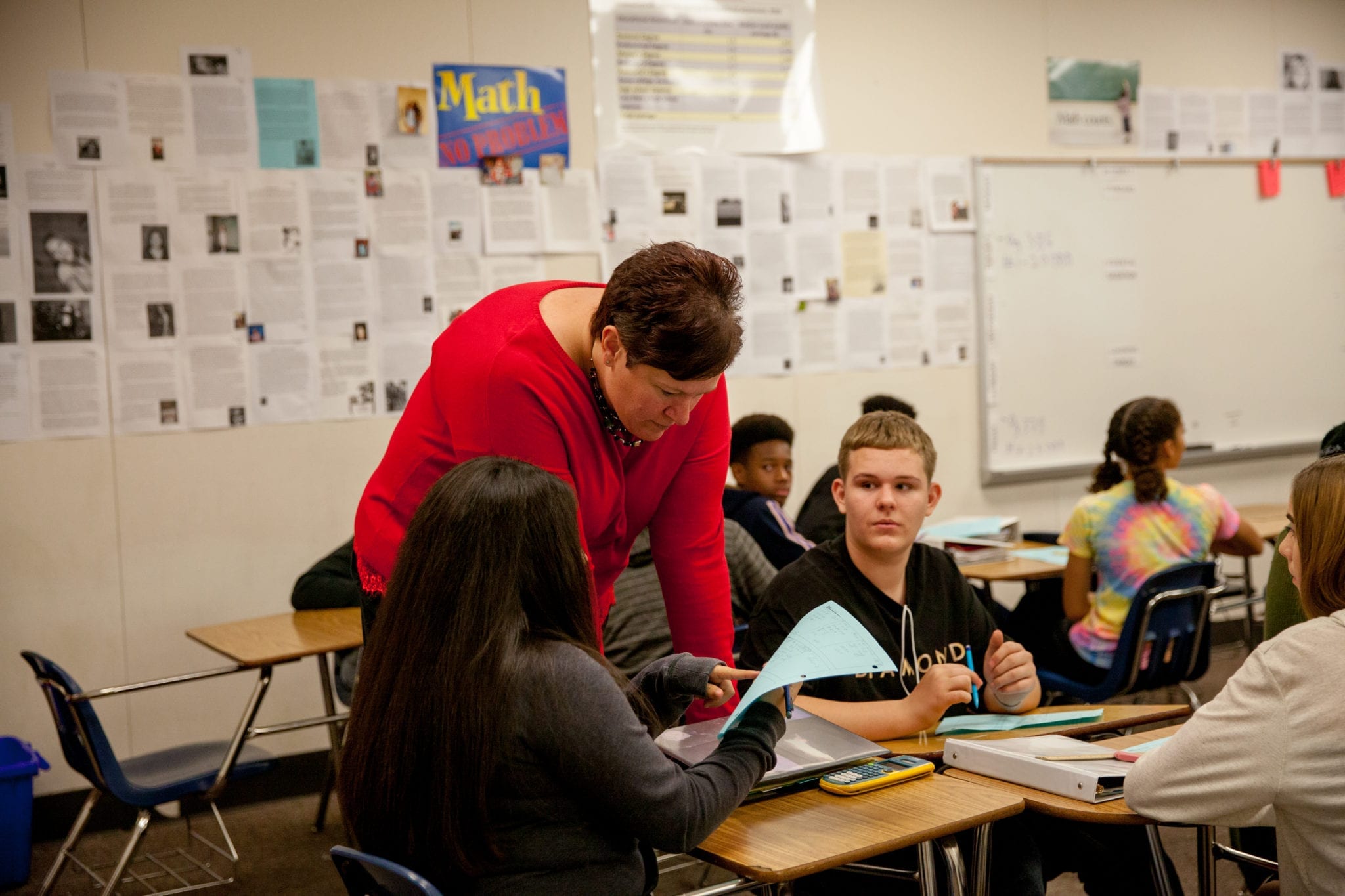Last week, on the same day that Paul Ryan was sworn in as the 54th Speaker of the U.S. House of Representatives, a groundswell took place in the depths of the U.S. Capitol. Several floors beneath the room in which Speaker Ryan took the oath of office, a Congressional briefing was underway that focused on the incredible advancements in education reform and the necessity that education be driven, not by political persuasion, party politics or past practices (or other words that start with “P”), but by evidence. Evidence-based educational reform is here and there is no going back. Ever!
The briefing, organized by the Success for All Foundation and supported by the Annie E. Casey Foundation, featured a panel of experts who are all successfully implementing a U.S. Department of Education Investing in Innovation (i3) project. The goal of the i3 program is to identify, scale, and further evaluate evidence-backed education initiatives. And (surprise!) it’s working as intended.
Panelists at the briefing who shared their success stories included:
- Dr. Robert Slavin, Success for All Foundation
- Ruth Schoenbach, WestEd
- Joel Zarrow, Children’s Literacy Initiative
- Pat Marcus, Boys and Girls Clubs of Greater Milwaukee
- Nancy Brynelson, California State University
- Dr. Maryann Corsello, Building Assets, Reducing Risks (BARR) Center

Sarah Sparks from Education Week moderated the panel and helped explore how the successes of i3 can be emulated in other education grant programs, such as the $14 billion that flows each year to schools through the Title 1 program. Educators need access to programs that have proven to be effective based on reliable data, not solely based upon anecdotal stories about “Johnny’s mother’s second cousin.” Discussions of what works need to be regular occurrences on Capitol Hill and in state houses throughout the country; as well as in the classroom, in the public space, and at the kitchen table.
If we ever could, we certainly can no longer afford to fund programs that lack evidence of effectiveness. Funding programs without a proven impact on student success has a detrimental effect on teacher morale and school climate. We must continue to invest in what works and steer public funds toward evidence-based solutions to obtain the best possible outcomes for students.
Science provides the medical community with a pipeline of evidence and support to ensure they are equipped to best heal their patients. We need to practice the same rigor for the professionals entrusted to educate our society.
Educators generally do not choose to go into education for the money or the glamour. They make a decision to spend their lives in education to facilitate the success of children at school, in society, and into adulthood. Educators want tools that work. It is time that we give them what they need by focusing on what has proven to be effective.
